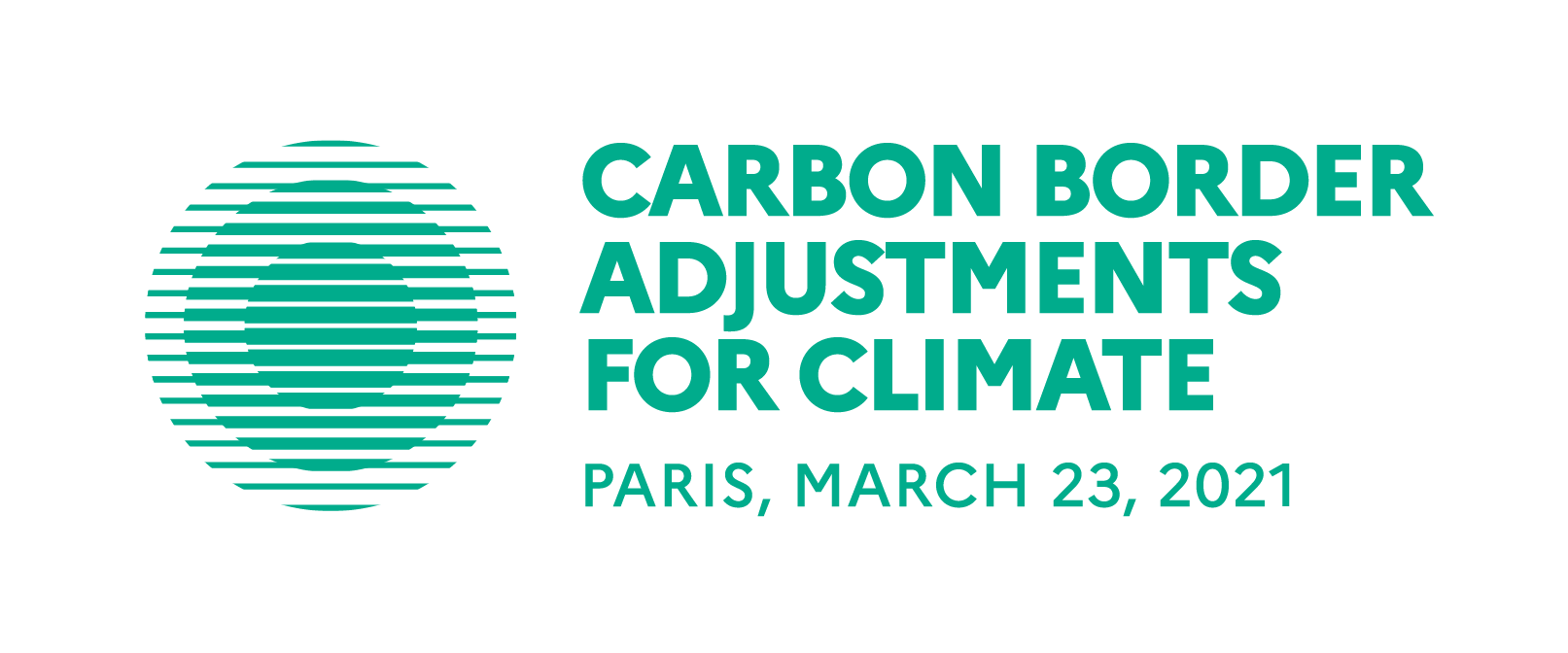Carbon Border Adjustments for Climate | Addressing carbon leakage to strengthen global climate action
France is honored to convene representatives of the European Commission, international organizations, academics and experts, and civil society stakeholders to intervene during a high-level international virtual conference on carbon leakage and the carbon border adjustment mechanism, which will be held on March 23, 2021.
The scientific community keeps warning us about climate emergency and concerns are increasingly growing on our collective ability to meet the Paris agreement ultimate goals to limit the rise in the planet's temperature to well below 2°C above pre-industrial levels and to continue action to limit this rise to 1.5°C. More needs to be done, and faster. In the context of the necessary increase in global climate ambition, which will be at the heart of COP26 in Glasgow, the European Union (EU) leaders agreed last December to raise the EU net greenhouse gas emission reduction target for 2030 to 55% below 1990 levels, in order to put the EU on the path to GHG net zero emissions by 2050. In parallel, although more than 100 countries have committed or are considering to achieve a long-term objective of carbon neutrality, differences in climate ambition in short and medium terms are significant. As a consequence of this climate ambition gap, the risk of carbon leakage is increasing.
Carbon leakage refers to the situation whereby ambitious climate policies implemented in a region or country result in increased emissions in less ambitious regions through the reallocation of the production, thus undermining the effectiveness of these ambitious climate policies at global level and their social acceptability. In the end, carbon leakage transfers unfairly our emissions to other countries, leaving them polluting more in order to produce the goods we need and consume. Tackling carbon leakage is thus crucial to strengthen the impact of European action against climate change. This phenomenon severely compromises the effectiveness and acceptability of EU emission reduction policies and decarbonisation efforts. As highlighted in the academic literature, to meet this challenge, a Carbon Border Adjustment Mechanism appears to be the most efficient tool.
In that perspective, and following the European Green Deal Communication of December 2019, the European Commission will make proposals by June 2021 to enable the implementation of a Carbon Border Adjustment Mechanism at the European level by 2023. To be fair and legitimate, this mechanism will need to be designed in full compliance with the rules of the World Trade Organization (WTO) and consistent with the multilateral climate framework and global development issues. To be effective, its implementation will need to be carried out in an inclusive and transparent manner.
The main objective of this public international event will be to discuss central issues raised by the design and implementation of Carbon Border Adjustment Mechanisms generally. This would be an opportunity to communicate broadly and transparently on the purpose and objectives pursued by such instruments, and their main features. The conference will bring virtually together European political leaders, academic and experts, representatives of international organizations and civil society stakeholders from EU third countries in order to share views on the topic. The debates will be organized around three round tables, and will focus on (i) the issue of carbon leakage (ii), its consistency with the framework of the Paris Agreement and global development issues and (iii), the mechanism's compatibility with WTO rules.
